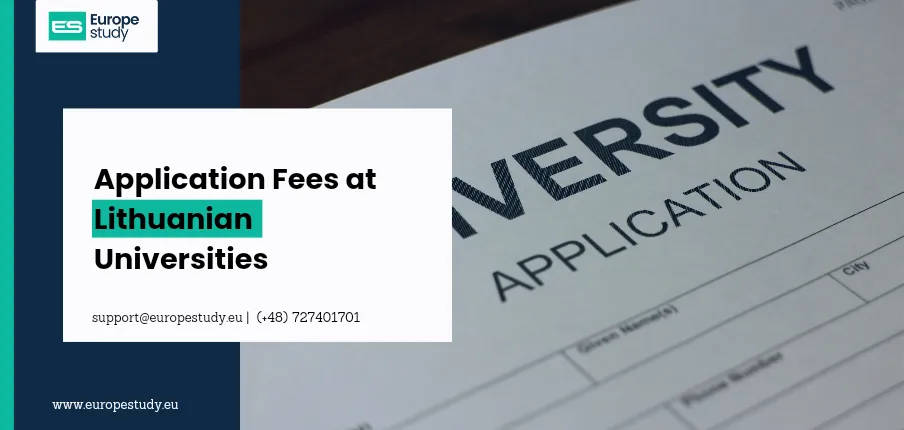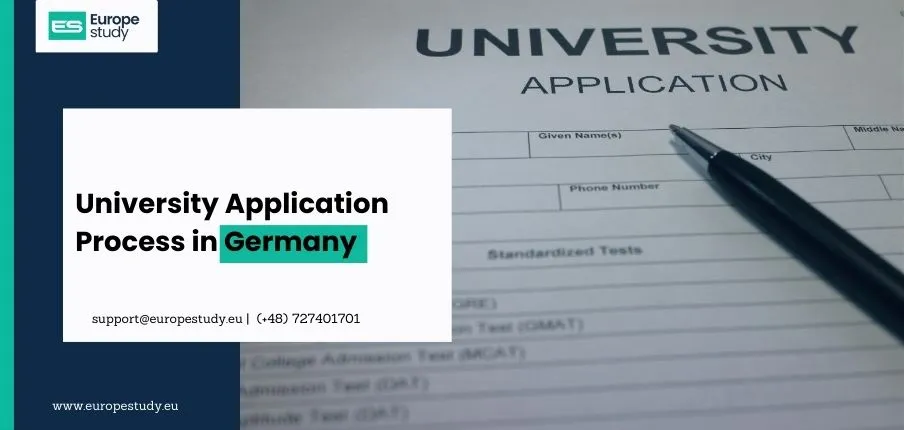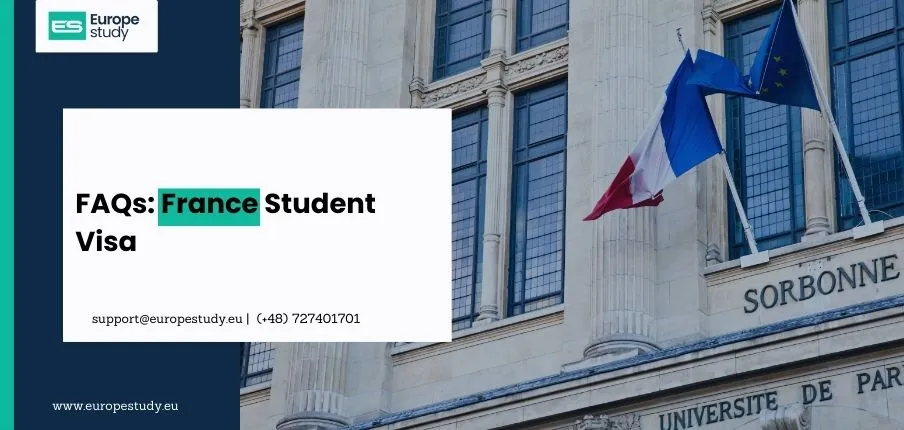
Application Fees at Lithuanian Universities
When applying to universities in Lithuania, international students are generally required to pay an application fee, much like in many other countries. This fee is set by the universities to cover the administrative costs associated with processing applications.
Typical Costs and Variations
On average, the application fee at Lithuanian universities is around €100. However, this amount can vary depending on the institution and the applicant’s status. Here is a breakdown of when and how application fees apply:
For EU/EEA Students
Undergraduate students from EU and EEA countries who aim to secure a state-funded place can apply through the Lithuanian Higher Institutions Association for Organizing Joint Admission. Typically, students who apply through this joint admission system are not required to pay an application fee.
For EU/EEA students who prefer not to apply for a state-funded place or who are applying to private institutions, the application process will usually be handled directly by the individual university. Even in these cases, some EU/EEA students may still qualify for fee waivers, depending on the institution’s policies.
For Non-EU/EEA Students
Students from outside the EU and EEA are generally required to apply directly to the university they wish to attend, and they will need to pay an application fee. This fee, which is non-refundable, must typically be paid as part of the online application process.
Additional Registration Fees
Once admitted, students may encounter an additional registration fee. This fee, which varies by institution, is separate from the application fee. For instance, Kaunas University of Technology charges a registration fee of €50 for enrolled students.
In summary, while Lithuanian universities generally charge an application fee, certain students—such as EU/EEA applicants applying for state-funded placements—may be exempt. However, applicants from non-EU/EEA countries and those not applying for state funding should anticipate paying this fee as part of the admission process. Once accepted, additional registration fees may also apply, depending on the institution.





